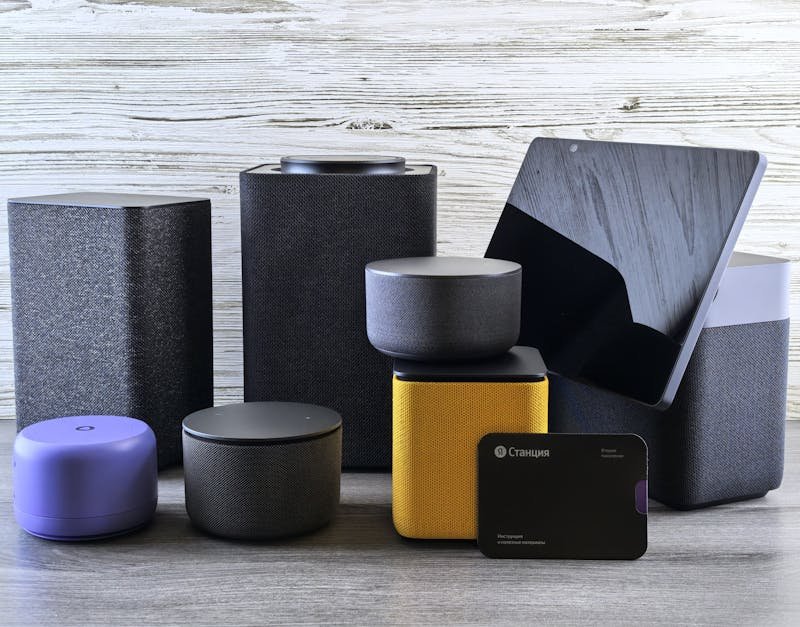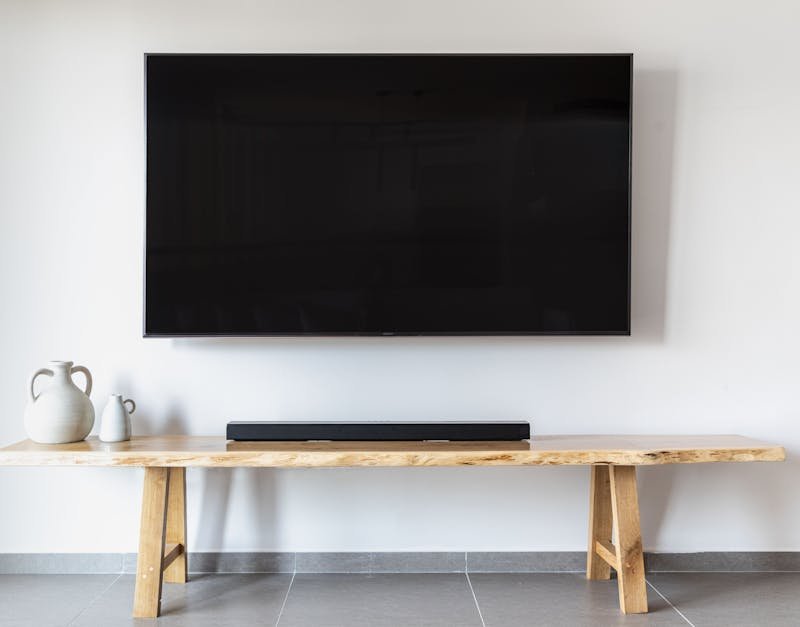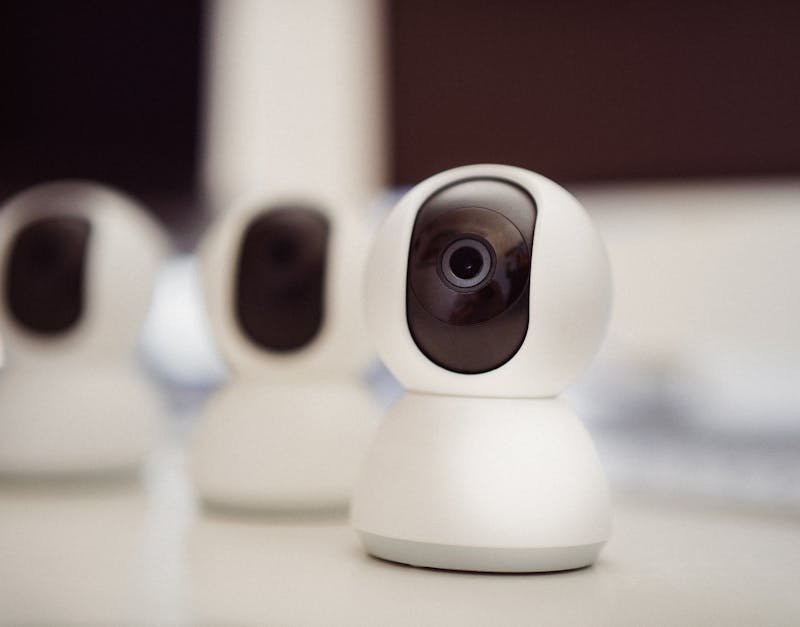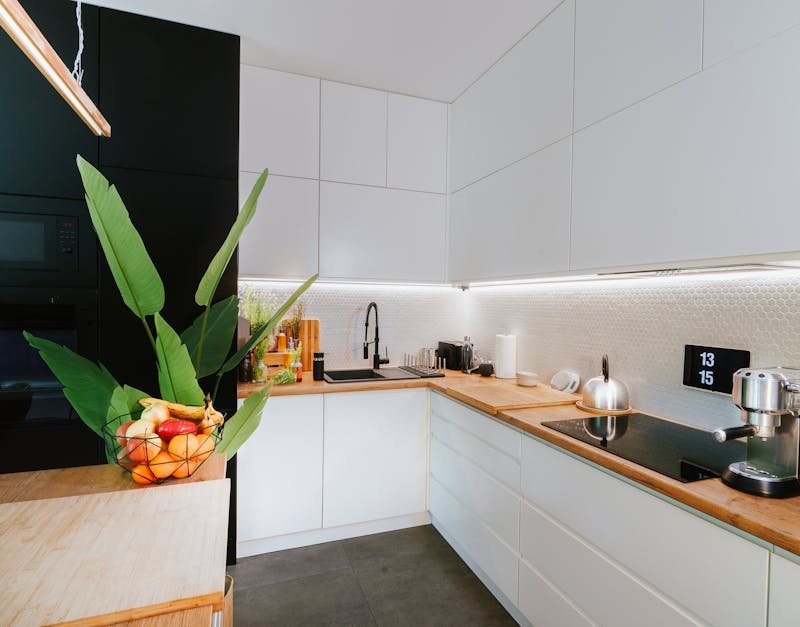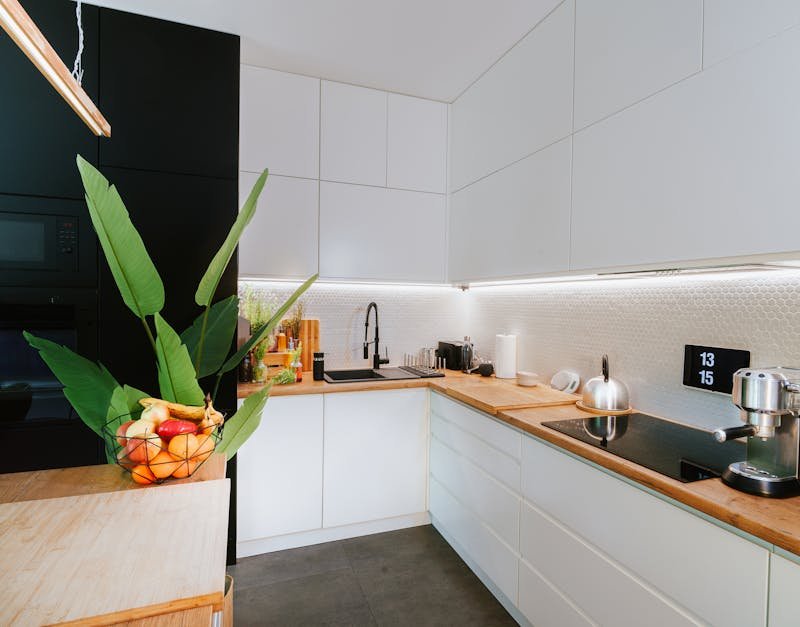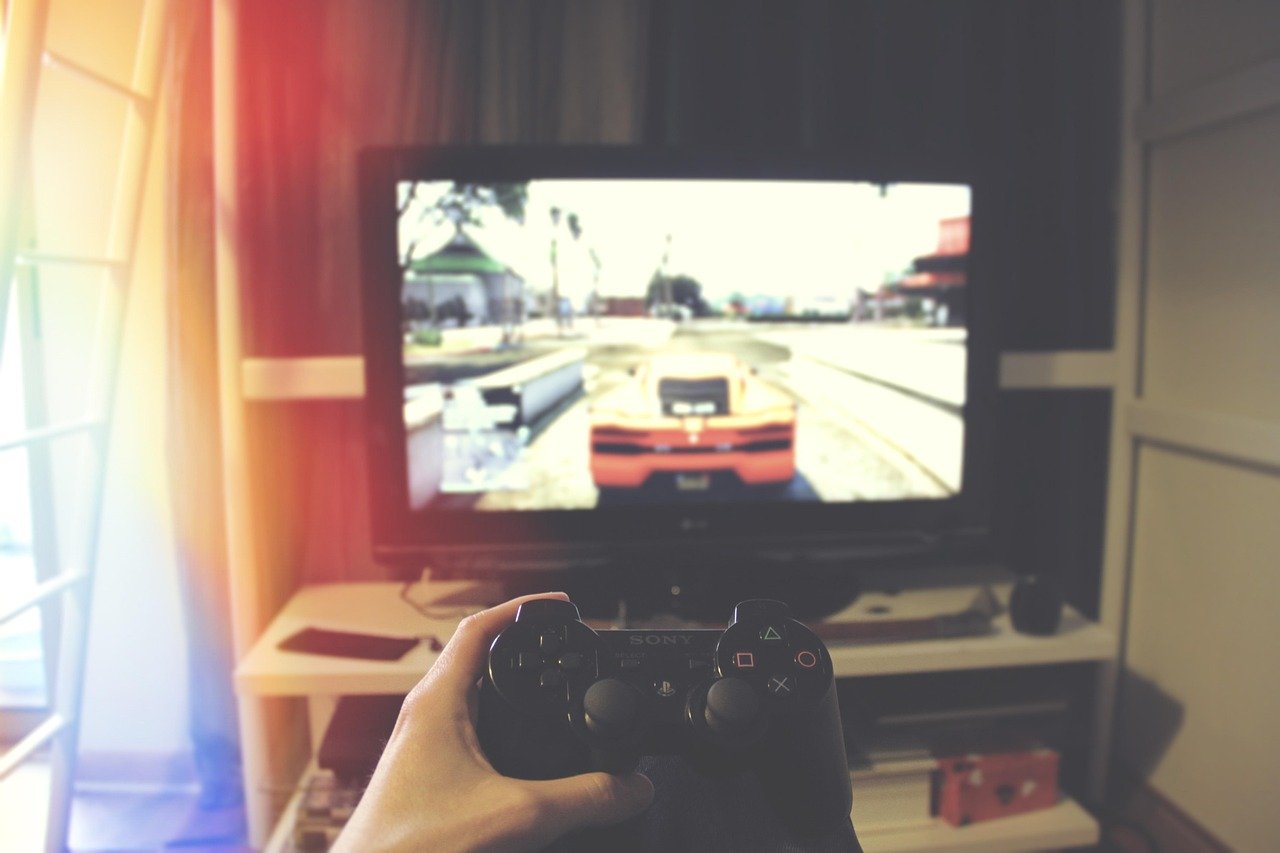Introduction: Why a dedicated home-office monitor matters in 2025
In 2025, best computer monitors for home office isn’t just a display—it’s a compact workstation hub: a single USB-C/Thunderbolt-C cable can deliver power, transfer data, connect peripherals, and even carry a video signal from a laptop to a larger desktop-style panel, and for broader smart-home context you can read google home reviewed: the smart choice for modern adults seeking seamless home automation.
Along the way, you’ll see how trends such as higher brightness, broader color coverage, energy efficiency, and the expansion of USB-C hubs are changing what you should expect from a home‑office monitor. For a broader view of home tech, check out new gadgets for home: smart devices that transform comfort, security, and convenience.
“In 2025, a monitor is often the single-cable backbone of your desk—power delivery, webcam passthrough, and a robust hub all in one place.”
— Industry expert on display technology
Buying criteria for 2025 home-office monitors
Size and resolution matter for text clarity and multitasking, and the best monitors for home office provide concrete examples of how these specs play out in real setups.
Comparison criteria
- Screen size and aspect ratio: Match your desk space and task load. Larger 32-inch or ultrawide 34-inch panels offer expansive multitasking, while 27-inch screens strike a balance between resolution and density on mid‑to‑large desks.
- Resolution and pixel density: 4K (3840×2160) at 27–32 inches yields razor‑sharp text; 1440p on 27 inches is common and very text‑friendly, but 4K provides more workspace for multi‑document workflows.
- Panel type and color accuracy: IPS panels deliver wide viewing angles and solid color. Designer tasks benefit from factory calibration and broad coverage (DCI‑P3, sRGB) with Delta E values close to or below 2.
- USB-C with Power Delivery and hub capacity: A capable USB‑C PD port (often 60–90W) plus a built‑in USB hub reduces cable clutter and can power your laptop while driving peripherals.
- Connectivity options: Multiple HDMI/DisplayPort inputs plus USB‑A/C ports ensure compatibility with older and newer devices, docks, or hubs.
- Ergonomics and stand adjustability: Height adjust, tilt, swivel, and portrait mode enable a comfortable posture and flexible layouts for long sessions.
- Smart features (KVM, webcam passthrough, speakers): KVM lets you switch control between devices, while built‑in speakers and privacy‑minded webcam options minimize desk clutter.
Top picks for home office monitors in 2025
Below are 10 picks designed to address different workloads and budgets. Each entry emphasizes practical value, real‑world usability, and the latest connectivity and ergonomics that define 2025’s best home-office displays. For consistency, each pick highlights three practical criteria: screen size/resolution, USB‑C PD/hub connectivity, and ergonomics or color quality.
Pick 1 — Best all-around 27-inch 4K USB-C monitor for coding and video calls (2025)
Screen size and resolution
This 27‑inch panel at 4K delivers crisp, readable text for long coding sessions and precise UI rendering for video calls. The high pixel density keeps fine code elements and small UI details from blurring at typical desk viewing distances.
USB-C PD and hub connectivity
Equipped with a robust USB‑C PD port (90W+) and a built‑in hub, this monitor can power most laptops while supplying data and peripheral connections through a single cable. The hub supports a handful of USB devices at high speed, reducing desktop cable chaos.
Ergonomics and color quality
Strong ergonomic flexibility with height, tilt, and swivel adjustment helps you maintain an optimal posture through marathon sessions. The panel offers solid grayscale stability and good uniformity for everyday tasks, which keeps colors and tones consistent during calls and reviews.
Pick 2 — Best 32-inch 4K monitor with strong color and HDR for designers and data work (2025)
Screen size and resolution
A generous 32‑inch canvas with 4K resolution provides expansive workspace for multi‑document editing, dashboards, and large spreadsheets. The high pixel density keeps UI elements readable while you compare data across windows.
Color accuracy and calibration
This model emphasizes near‑professional color coverage (close to 100% sRGB and robust DCI‑P3) with factory calibration and grayscale uniformity that designers rely on for proofing work and digital previews.
USB-C PD and hub capacity
With a strong USB‑C hub and 90W PD, you can power a laptop and attach multiple peripherals without a separate dock, which keeps the desk tidy and reduces cable clutter.
Pick 3 — Budget-friendly 27-inch 1440p monitor with USB-C hub (2025)
Screen size and resolution
At 27 inches, 1440p provides crisp text and decent density for everyday tasks, light design work, and multi‑document viewing, all at an approachable price point.
USB-C hub and connectivity
The built‑in USB‑C hub makes single‑cable setups practical, while a modest set of HDMI/DP inputs keeps compatibility broad with older machines and docking stations.
Ergonomics and value
Solid stand adjustability ensures comfortable viewing angles during long days, while the favorable price point makes it an accessible upgrade from older 1080p displays.
Pick 4 — Designer-grade 27-inch 4K with wide color gamut and factory calibration (2025)
Color accuracy and calibration
This monitor ships with factory calibration achieving tight grayscale and color accuracy (Delta E often near or below 2), which is essential for photographers, video editors, and UI designers.
Color gamut
Broad coverage of sRGB and DCI‑P3 in the high 90s makes it suitable for tasks that demand color fidelity and nuanced shading, with reliable posterization control across hues.
USB-C PD and hub
A strong USB‑C PD port (90W) plus a feature‑rich hub minimizes desk clutter and supports quick peripheral access during editing sessions.
Pick 5 — Ultrawide 34-inch curved monitor for multitasking (2025)
Screen size and aspect
The 34‑inch ultrawide with 3440×1440 or similar resolution creates a panoramic workspace that’s ideal for coding side‑by‑side doc editing and video calls without switching windows.
USB-C hub and single‑cable setup
A capable USB‑C hub and PD option let you connect a laptop, run peripherals, and deliver power through a single cable, reducing desk clutter and improving ergonomics.
Multitasking and color consistency
Despite the extra width, the panel maintains solid color and brightness across the screen, which helps you keep multiple dashboards and references aligned during complex reviews.
Pick 6 — Ergonomics-first option with strong adjustability (2025)
Ergonomics and stand adjustability
This pick emphasizes a premium stand that offers extensive height, tilt, swivel, and pivot (including portrait mode), which is ideal for long coding sessions and document-heavy work that benefits from vertical layouts.
Connectivity and cable management
Thoughtful cable routing and VESA compatibility support a clean desk, while a well‑organized hub reduces cable clutter and makes device swapping quick and painless.
Color and brightness consistency
While not a designer‑grade panel, it maintains consistent brightness and color accuracy for productive everyday use, helping you avoid eye strain over long sessions.
Pick 7 — Built-in webcam, microphone, and speakers for video calls (2025)
Integrated camera and mic quality
The built‑in camera and microphone deliver dependable video and audio for calls, with privacy features such as a mechanical shutter for peace of mind when you’re not on camera.
Speakers and connectivity
Integrated speakers offer sufficient desk‑level audio with less clutter, while HDMI/DP and USB‑C inputs ensure compatibility with a range of devices and docks.
Ergonomics and privacy features
Adjustable stand and privacy controls help you stay comfortable and protect sensitive information during meetings while maintaining a tidy desk layout.
Pick 8 — High-brightness / HDR-focused options (2025)
Brightness and HDR performance
These models push peak brightness higher (often 600 nits and above) with HDR processing that makes highlights pop and shadows retain detail—great for photo/video editing and creative work.
Local dimming or mini‑LED
Local dimming zones or mini‑LED backlighting improve contrast and HDR performance, producing deeper blacks and more nuanced color depth in dark scenes.
Color accuracy and calibration
Factory calibration and stable color tracking across HDR content help maintain reliable previews for creative tasks, even when working on complex scenes.
Pick 9 — Energy-efficient compact options for small desks (2025)
Footprint and power efficiency
Compact designs with modern LED backlights reduce idle and active power consumption, making them ideal for tight spaces without sacrificing performance.
Feature balance
Smaller panels still offer essential USB‑C PD, a reasonable hub, and ergonomic flexibility, delivering a capable single‑monitor setup for basic productivity and light design tasks.
Color and text clarity
Even on smaller screens, good text rendering and clear UI elements keep you productive, particularly for spreadsheets and coding in smaller workspaces.
Pick 10 — Portable/secondary USB-C monitor for travel or secondary display (2025)
Portability and power delivery
Thin, lightweight designs with USB‑C PD let you power and run a secondary display from a laptop on the road or at a hotel desk, enabling a quick portable dual‑screen workspace.
Screen quality on the go
While not top‑tier for color accuracy, these panels deliver solid readability and decent brightness for supplementary tasks when traveling.
Connectivity and standby features
Plug‑and‑play USB‑C connections, compact stands, and VESA compatibility help you integrate the display with limited accommodations and varied laptops.
Work setup guidance by use case
Coding
Prioritize high pixel density and a crisp IPS panel for sharp text with minimal eye strain. A USB‑C PD hub helps you maintain a clean desk with a single cable to your laptop, while a monitor with adjustable height and tilt keeps your eyes aligned with the code editor’s baseline. For teams or multi‑device workflows, a mid‑size 27–32 inch screen with strong color stability and a quiet pixel response helps you stay focused through long sessions.
Design
Design work benefits from a wide color gamut and solid factory calibration. Aim for near‑100% sRGB and strong DCI‑P3 coverage with Delta E values close to 1–2 if possible. A 27–32 inch 4K panel provides the finest balance of detail and screen real estate for editing, proofing, and collaboration on projects with colleagues across time zones.
Spreadsheets
Big spreadsheets demand wide layouts and excellent legibility. A 32‑inch 4K display allows you to view multiple dashboards side by side with crisp grid lines and stable text rendering. A robust USB‑C hub helps you connect your keyboard, mouse, and other peripherals without sprinting for ports on every task switch.
Video calls
A monitor with reliable color reproduction and a clean camera‑and‑microphone setup reduces post‑call fatigue and improves on‑screen presence. If you prefer a dedicated webcam, choose a model that supports webcam passthrough or has a camera with privacy features. Built‑in speakers can help, but high‑quality external audio remains preferable for meetings with multiple participants.
FAQs and final buying tips
Q: Should I buy a 4K monitor if I mostly work with text and spreadsheets?
A: A 4K resolution at 27 inches or larger improves text clarity and gives you more space for cross‑document work. If your workflow focuses heavily on detailed dashboards or design previews, 4K with good pixel density is especially beneficial. If your desk is small, you can still opt for a 1440p monitor with strong text rendering, as long as it remains comfortable to view at your typical distance.
Q: Is USB‑C with Power Delivery essential in 2025?
A: For most modern laptops, yes. USB‑C PD simplifies cabling to a single cable for power, video, and data, and a built‑in hub reduces dock clutter. If you often connect to multiple devices or docks, prioritize models with robust PD (70–90W) and a healthy USB hub (at least 4–6 ports).
Q: Do I need a monitor with KVM?
A: If you routinely switch between two computers (e.g., work laptop and personal desktop), a KVM switch integrated into the monitor streamlines control and reduces desk clutter. If you rarely switch devices, you can skip it and rely on a separate KVM or a simple USB switch.
Q: How important is color accuracy for a home office?
A: For designers, content creators, and data professionals presenting visuals, color accuracy matters. Look for factory calibration, 95–100% sRGB, 90–100% DCI‑P3 coverage, and a Delta E near or below 2 for predictable previews across tasks.
Final tip: verify warranty and service terms, especially for high‑end or HDR‑focused models. A solid 3‑ to 5‑year warranty with responsive support can save headaches if you encounter panel or backlight issues. When possible, check calibration reports from the manufacturer or reputable reviewers to ensure the display meets claimed color and brightness specifications before you commit.
Discover the latest in innovative technology tailored for modern adults by visiting Best High Tech Gadgets for Adults. This dedicated online platform offers in-depth reviews, insightful comparisons, and expert recommendations on cutting-edge gadgets like laser tape measures, waterproof travel backpacks, Swiss watches, and makeup train cases—perfect for those who demand high performance and style. By exploring their curated content now, you’ll gain the knowledge to choose the perfect high-tech tools that elevate your daily life and keep you ahead of the curve. Don’t wait—click through today and empower yourself with the best in adult-focused tech innovation!







